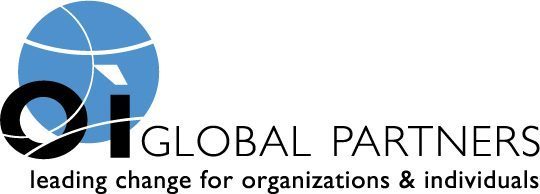Some of you may remember when you could work for a “good” company, stay out of trouble, show up for work on a regular basis, keep your mouth shut and expect somewhat regular promotions and to eventually be rewarded with retirement at age 65 with a designated pension. This concept of a career was an implied contract of mutual loyalty between the employer and the employee which supported an environment of stability and advancement lasting 20 – 30 years.
 This benign career concept began to change in the 1980s, accelerating through the new millennium into the present day as jobs were eliminated, outsourced and significantly redesigned at an ever-increasing rate of speed. Goodbye job security! In spite of 30 years of evidence, the dream of long-term career stability and linear promotions within an organization remains a fond, but extremely unrealistic, goal for many of us yet today.
This benign career concept began to change in the 1980s, accelerating through the new millennium into the present day as jobs were eliminated, outsourced and significantly redesigned at an ever-increasing rate of speed. Goodbye job security! In spite of 30 years of evidence, the dream of long-term career stability and linear promotions within an organization remains a fond, but extremely unrealistic, goal for many of us yet today.
Current reality is far different as the end of employer/employee loyalty changed the way in which we think of, and react to, the other. Many of you mourn the loss of the way it was, and companies futilely attempt to remain competitive by manipulating employee relationships. This forever transformed the definition of a career. Yet many of us still play by the old rules, holding to outdated expectations.
So, how do we succeed in the current dynamic, chaotic, and often offensive business environment? We must now become more adroit as we navigate external job markets as well as internal job markets. As an expert in leadership consulting services and executive coaching, we see two contemporary career models emerging: the Boundaryless career and the Protean career.
The idea of the Boundaryless Career, developed by Michael Arthur, describes a workplace with a reduced emphasis on rigidly structured internal boundaries (think a decrease or elimination of hierarchical titles and functional departments). Replacing it is a need to transcend boundaries between organizations and establish numerous and dynamic networks with other organizations and with other individuals. Relieved from traditional career rules and organizational constraints, you now have greater inter/intra organizational mobility. From the perspective of executive coaches, the boundaryless career is attractive because individual and family values can now become your driver for life/work balance. Three themes differentiate the boundaryless career from the traditional career:
- First, a new mobility based upon your flexibility
- Second, new competencies focusing on self-identity allowing for boundary crossing to pursue opportunities consistent with your personal and professional interests
- Lastly, you own the responsibility for your career choices consistent with your individual values
Similarly, the Protean Career Model is owned and managed by you rather than by the organization and is based on your search for self-fulfillment. Douglas T. Hall named it after the Greek God Proteus (he could change his shape at will) to capture the career qualities of self-direction, flexibility, adaptability, versatility, and self-initiation utilized by individuals in search of psychological career success. Self-directed: you assume responsibility for managing your career and take the initiative to make career decisions accordingly, whereas, Values-driven: you make career decisions guided by your own values and goals to achieve psychological success. Rather than merely complying with organizational values and goals, the protean career is guided by your work/life values and motivation to do something worthwhile that is consistent with our concept of who you are.
Career success today requires adroitness, networking, owning your career and most importantly, remaining true to who you are. Perhaps nothing has really changed after all.
What are your thoughts on the new employee tenure? Do you agree?
Share this post:

Comments are closed